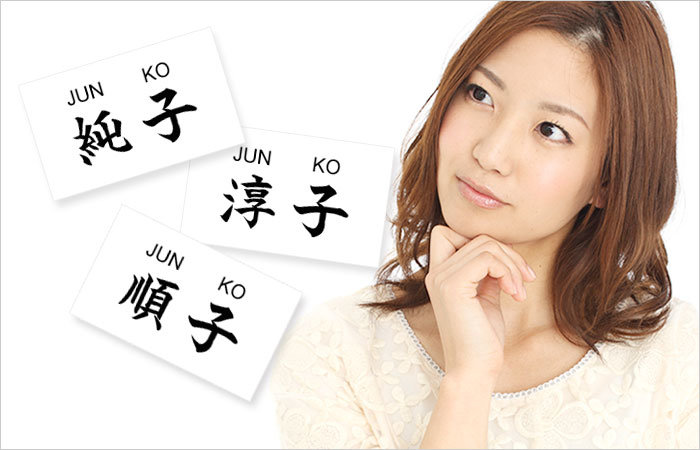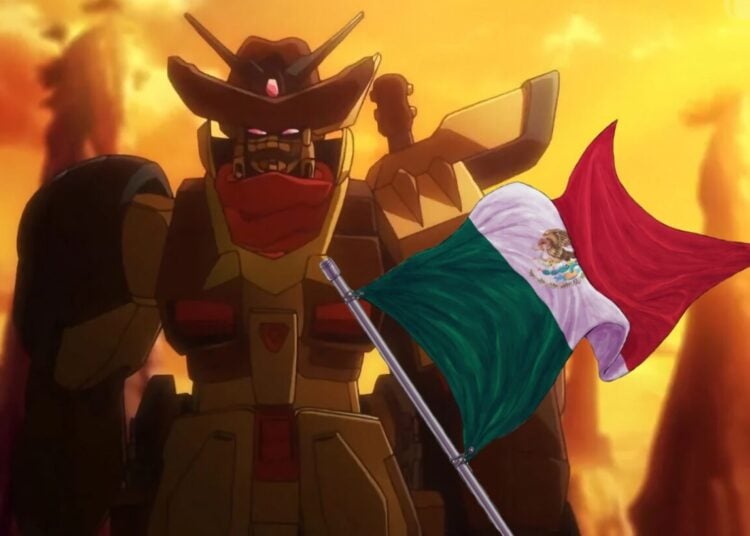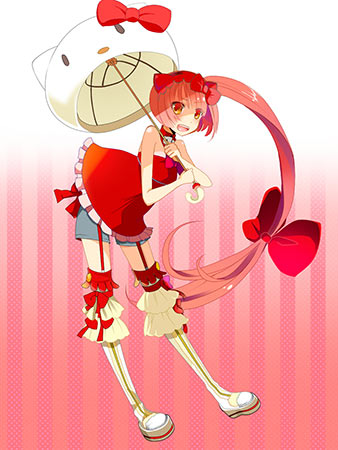Foreigners are fascinated by kanji characters because they’re so different from anything we use — the idea of capturing complex meanings in pictographs rather than sounds as our alphabet does is very exotic. Kanji may look like random squiggles at first, but it’s a highly evolved writing system that packs a lot of information into each character. A good example is the way words like language, to speak, to read and to translate all share the same left side (the “radical”), which happens to look like a stack of books on a table, making it possible to guess at meanings based on the elements the characters contain. Although the “official” way to write the names of foreigners is using the katakana writing system, it’s quite fun for foreigners to assign kanji characters to their names instead, and J-List sells custom name stamps with your name rendered in kanji, chosen by our native Japanese staff so you don’t have to worry about your kanji meaning “diarrhea” or anything. I went a step beyond other foreigners: partially by accident, I officially registered my name with complex kanji characters. As a result, filling out legal forms in Japanese is incredibly difficult, and my wife is often asked if her husband is Chinese.
Onii-chan, No! When Translators Don’t Follow Japanese Naming Conventions
How do you feel when you're watching anime and a character uses an honorific like "Onii-chan," but the subtitles use...
















